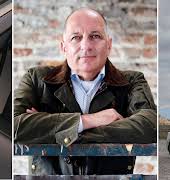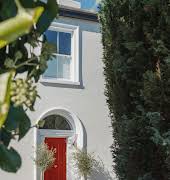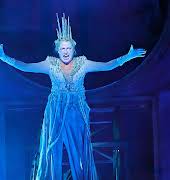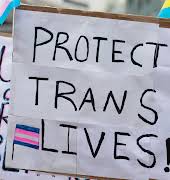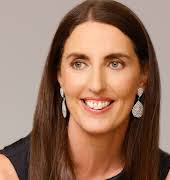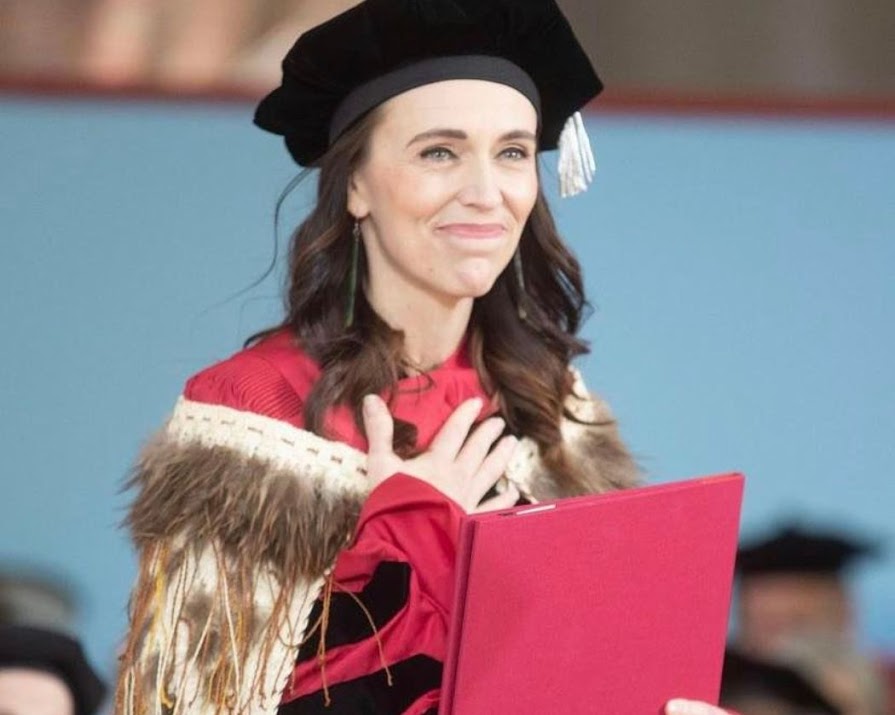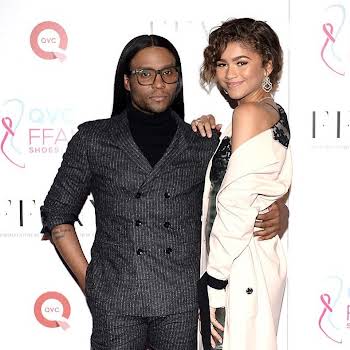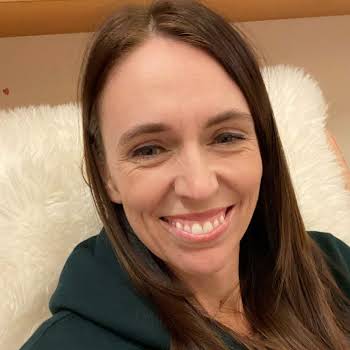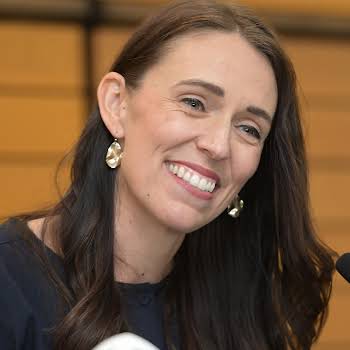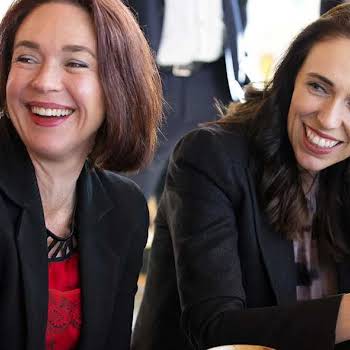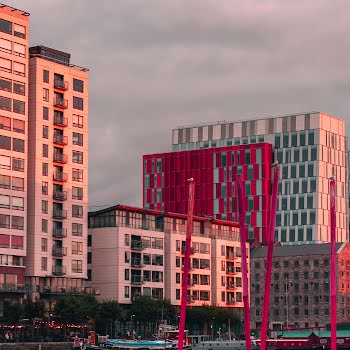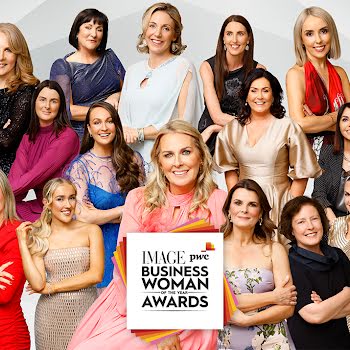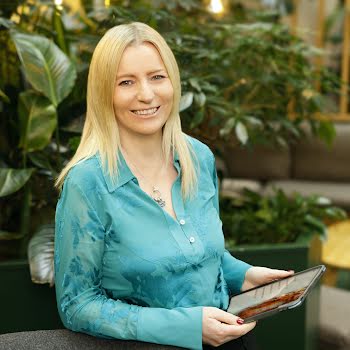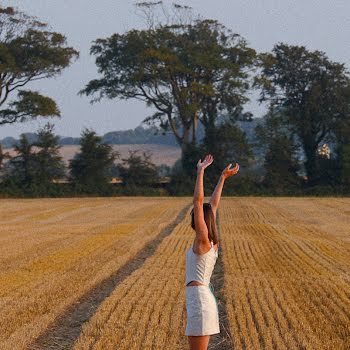‘Democracy, disinformation and kindness’: Jacinda Ardern’s Harvard commencement speech is truly powerful
By Sarah Gill
29th May 2022
29th May 2022
“We are at a precipice, and rather than ask what caused it, today I want to talk about how we address it.”
Addressing 8,000 graduates with her Harvard commencement speech, New Zealand Prime Minister Jacinda Ardern spoke on themes of disinformation, gun reform and human kindness.
Echoing the message of Benazir Bhutto, former Prime Minister of Pakistan, in her own 1989 commencement speech, she reminded those gathered that “we must realise that democracy… can be fragile”.
“This imperfect but precious way that we organise ourselves, that has been created to give equal voice to the weak and to the strong, that is designed to help drive consensus – it is fragile.”
Speaking on the misconception that the structural integrity of a democracy is determined by its duration, she says that this ignores the fact that “the foundation of a strong democracy includes trust in institutions, experts and government – and that this can be built up over decades but torn down in mere years.”
She also cites debate and dialogue, and the realities of what we are confronted by every day as the building blocks of a strong democracy.
Jacinda Ardern goes on to talk about New Zealand’s parliamentary representative democracy model. “We have a Mixed Member Proportional system,” she says, “which essentially means every vote counts, and it’s ensured our parliament better reflects our communities.
“Almost 50 percent of our parliament are women, 20 percent are Maori, the indigenous people of New Zealand, and our Deputy Prime Minister is a proud gay man and sits amongst several other rainbow parliamentarians.
From legalising gay marriage and decriminalisation of abortion to embedding a 1.5 degree climate change target into law, and banning military style semi-automatics and assault rifles, New Zealand have made strides in the past ten years.
However, the Prime Minister is aware of the flaws at play in any and all jurisdictions. “Whether it’s democratic elections that erupt into violence, or the COVID crisis exposing mistrust of experts, institutions and governments – western democracies are seeing it and experiencing examples and New Zealand is no different.”
Urging us all to find and use our voices, Ardern says, “if we don’t find a way to ensure difference, that space where perspectives, experiences and debate give rise to understanding and compromise, doesn’t instead become division – the place of entrenchment, where dialogue departs, solutions shatter, and a crevice between us becomes so deep that no one dares cross to the other side.”
Speaking on the origins of the internet, Ardern notes that we use social media platforms as a way of experiencing new ways of thinking and celebrating our differences less and less.
“As humans, we are naturally predisposed to reinforce our own views, to gather with people like us and avoid the dreaded sense of cognitive dissonance. We seek validation, confirmation, reinforcement. And increasingly with the help of algorithms, what we seek, we are served, sometimes before we even know we’re looking.”
Recounting the aftermath of of the Christchurch terrorist attack, which saw 51 people killed in two mosques on a social media live stream, Ardern notes that the terrorist responsible was radicalised online.
“In the aftermath of New Zealand’s experience, we felt a sense of responsibility. We knew we needed significant gun reform, and so that is what we did. But we also knew that if we wanted genuine solutions to the issue of violent extremism online, it would take government, civil society and the tech companies themselves to change the landscape. The result was the Christchurch Call to Action.”
Ardern also calls for responsible algorithm development and deployment, urging tech companies to be more transparent in how algorithmic processes work and the outcomes they deliver, while encouraging us to look inward at what we choose to engage with online.
“There’s a term that gets thrown around a lot – keyboard warrior. It’s used to refer to someone who makes aggressive or abusive posts online, often anonymously. I like the name. In my mind, when I read something especially horrific on my feed, I imagine it’s written by a lone person unacquainted with personal hygiene practices, dressed in a poorly fitted superhero costume – one that is baggy in all the wrong places.”
On misinformation, Ardern says that Thomas Rid argues that “the modern era of disinformation began in the early 1920s … and that what has followed since has come in waves … ‘with disinformation reborn and reshaped by new technologies and internet culture’.
“In a disinformation age, we need to learn to analyse and critique information. That doesn’t mean teaching ‘mistrust’, but rather as my old history teacher, Mr Fountain extolled: ‘to understand the limitations of a single piece of information, and that there is always a range of perspectives on events and decisions’.
“Yes, diversity of voice in mainstream media matters. The responsibility of social media matters. Teaching our kids to deal with disinformation and the role we play as leaders all matters. But so do you. How you choose to engage with information, deal with conflict, or confront debate, how you choose to address being baited, or hated – it all matters.”
Wrapping up her speech to a standing ovation with a reminder that our differences make us richer and our divisions make us poorer.
“Through genuine debate and dialogue, through rebuilding trust in information and one another, through empathy – let us reclaim the space in between. After all, there are some things in life that make the world feel small and connected, let kindness be one of them.”
You can read the commencement speech in full here.

